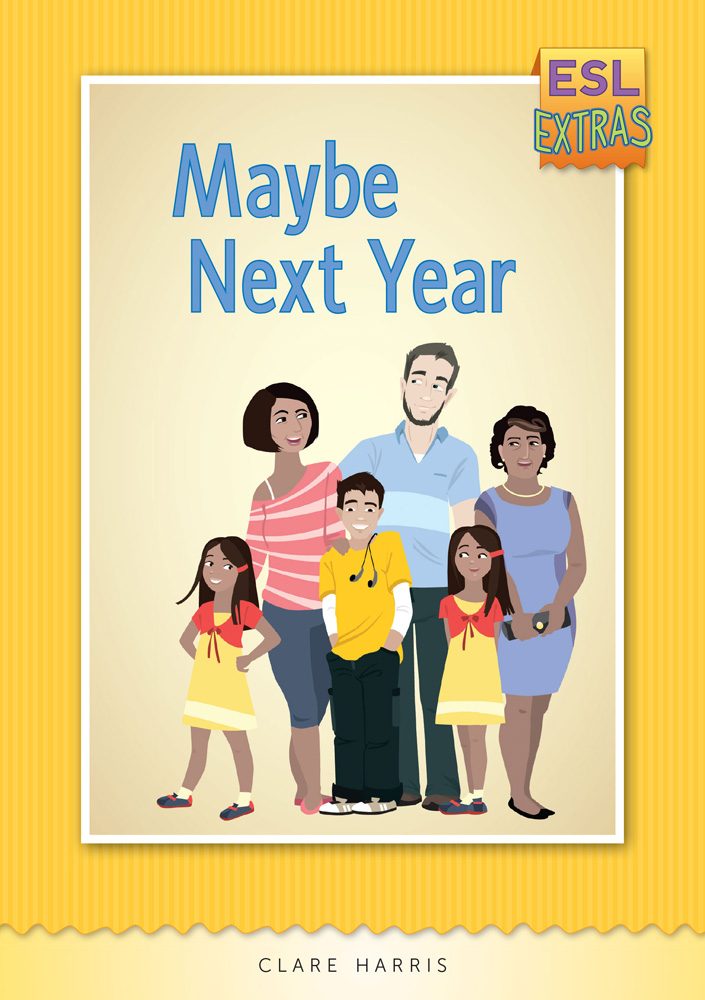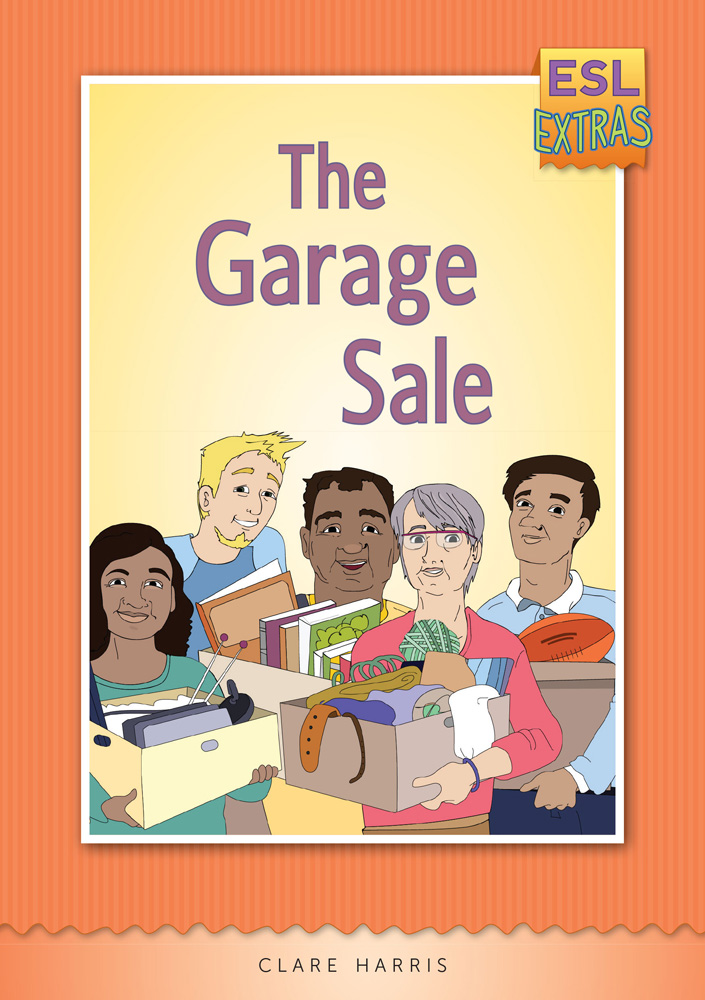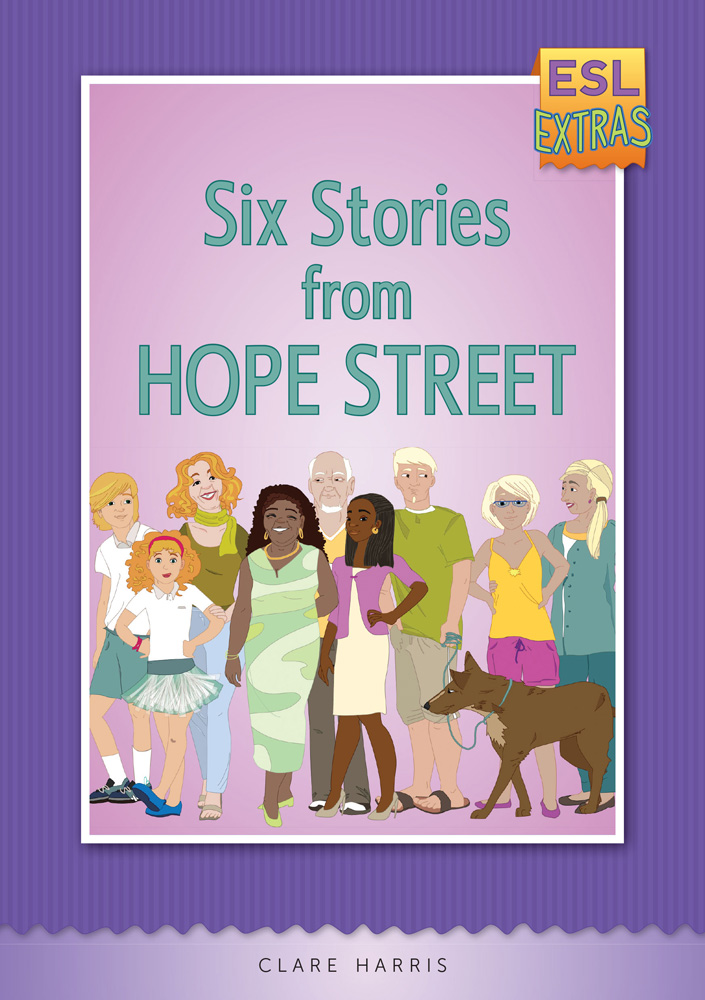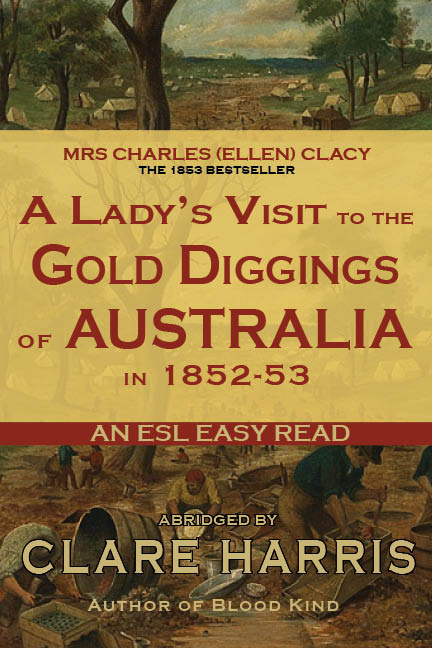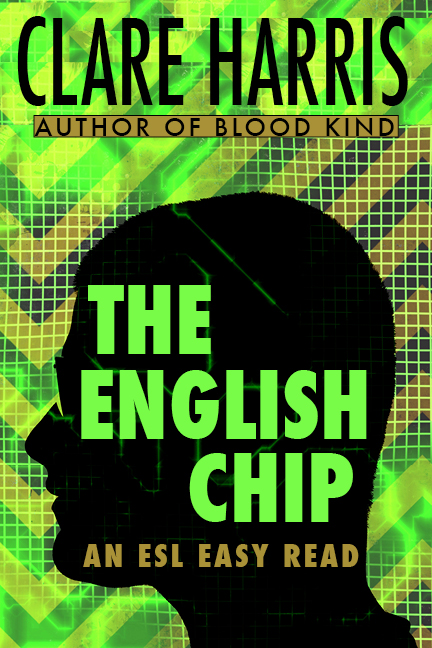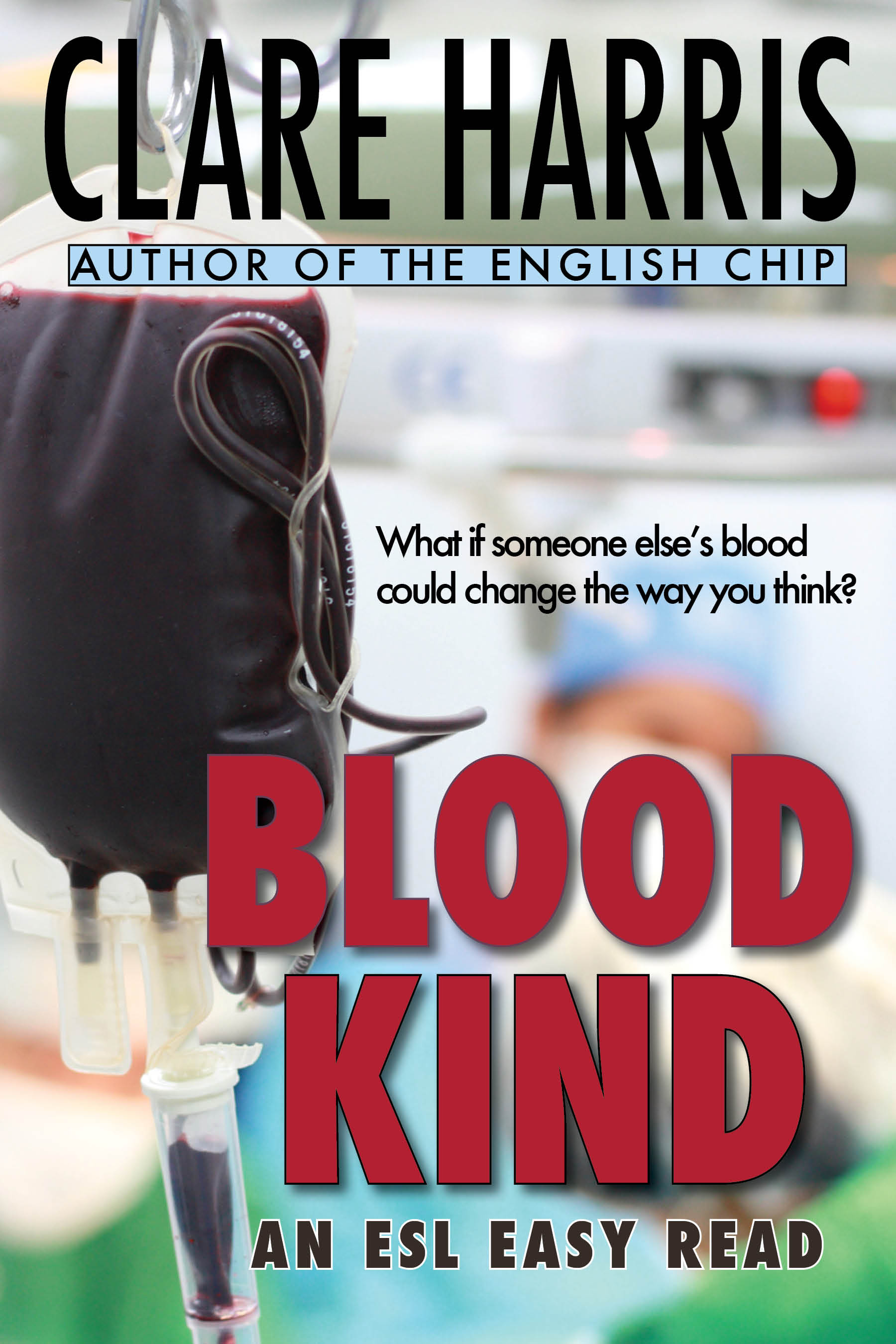Why am I so obsessed with puzzles? Last week I got back from the fabulous QATESOL/QCAL mini-conference in Mackay, where I had to admit that some of the things I claim for puzzles can be argued against too; I’ve been thinking more about this since then.
Are puzzles really non-elitist?
I say how much I like the universality of crosswords, the way they appeal to all ages, are strangely not out of date in a digital world, and are not at all elitist – and yet when I watch the classic ‘Two Ronnies’ episode on crosswords (set in a train carriage from a pre-mobile phone era), the ‘elitism’ is the whole joke. (BTW, I think the first 45 seconds could be fun for learners – any more would be at your own risk.)
Maybe what I meant was that puzzles aren’t elitist because they can be created at any level? As teachers, we can adapt puzzles for less confident learners, by filling in a few letters or words. We can provide a handicap for the ‘I can do this in 3 minutes’ learners by removing the ‘word box’ or by making them read the clues to each other, or by removing the clues as part of pair work puzzles. We can (if we have the time) write a puzzle with different clues for different learners: ‘The colour of grass?’ OR ‘The colour that means you are new at something?’
Are puzzles really authentic language tasks?
The other thing I like to say is that puzzles are authentic language tasks – and even have a workplace link, for those of us teaching Pre-Employment English. In this digital world, you can still see workmates sitting at the lunch table with a magazine or newspaper, filling in a crossword, asking for help with a troublesome 4 down.
 Yet in an interesting article in TESOL Journal, Warren Merkel suggested that ELT crosswords are NOT so authentic! Yes, of course, when you look at your carefully designed ELT crossword, it’s way more straggly than a nice, neat, tightly-boxed commercial crossword, and has far fewer word intersections – the tradeoff for using only the familiar vocabulary you’ve selected…
Yet in an interesting article in TESOL Journal, Warren Merkel suggested that ELT crosswords are NOT so authentic! Yes, of course, when you look at your carefully designed ELT crossword, it’s way more straggly than a nice, neat, tightly-boxed commercial crossword, and has far fewer word intersections – the tradeoff for using only the familiar vocabulary you’ve selected…
However, I think we’re still giving learners an authentic sense of satisfaction when the puzzle is done. They can also get an authentic experience of collaboration if they work in pairs or groups, and a knowledge that they’re working on a ‘cut-down’ version of something that is indeed authentic. They only have to walk into the local newsagent to see that they’re doing something very mainstream…
Are puzzles really a key language learning tool?
A thoughtful participant in a recent WATESOL workshop wrote on the butcher paper that puzzles are at ‘the edge of language learning’. Interesting. Certainly, puzzles aren’t central to what we do in class. They’re definitely not an essential. Yet I’d be sorry not to have access to playful ways to help learners review and practise vocabulary, work collaboratively, think up their own clues for information gap ‘pair puzzles’ or – a bigger challenge – create their own puzzles.
NOTE: I’d love to be able to end this post by saying that the new puzzle book is ready, but it’s still very much ‘in progress’. Workwise English Puzzles will be at intermediate level (quite a bit higher than Extra Easy Puzzles) and will focus on Pre-Employment English… watch this space!


